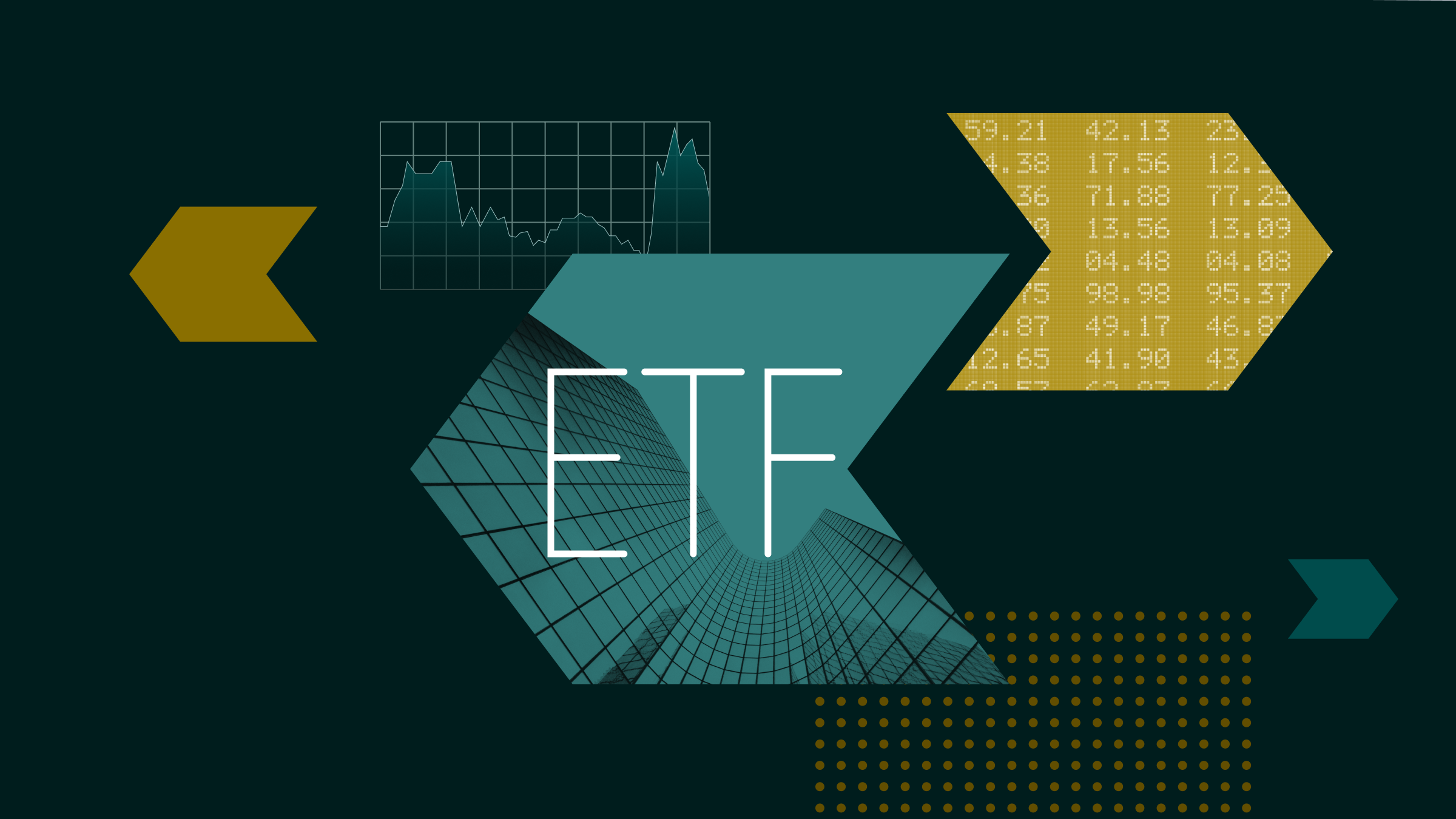This article is part of Morningstar’s Guide to Your Financial Education, providing our readers with the tools they need to become a successful private investor.
Emma Wall: Hello, and welcome to the Morningstar series, Ask the Expert. I'm Emma Wall, and here with me today to discuss the importance of diversification is Jose Garcia Zarate.
Hello, Jose.
Jose Garcia Zarate: Hello.
Wall: So you're here to tell us that actually not all bonds are bad and we shouldn't ignore them because diversification is important.
Zarate: Yes. I mean, you just have to look at what's been happening in equity markets over the last few weeks. I mean, everybody wants to be in equities for obvious reasons, but actually the equity markets around the world have had a very rough start to the year. So, having a certain exposure to fixed income within your portfolio would have helped you to cushion the losses sustained over the past few weeks on the equity side of the portfolio. And that's why diversification is so important.
Wall: Several investor surveys recently have shown that investors, all they want to do is invest in developed market equities. But you're saying they should be a balance to this. What bonds should they be going for?
Zarate: Well, definitely, I mean, yes. Equity is a place to be right now and particularly developed market equities. I mean, we all know what's happening in emerging markets. But as I said, if you want to diversify your portfolio, then obviously you need to have some exposure to the fixed income.
And then that's where you have to choose very carefully which exposure you want to have, and at the moment we know that the Fed in the U.S. is tapering. So that's obviously having an impact at the backend of the yield curve, but we also know that the central banks around the world are keeping rates very low for a very protective period of time. And that basically is keeping interest rates at the very short end of the curve very, very low.
So, if you want to have some fixed income in your portfolio, perhaps the best place to be right now is the short end of the their maturity spectrum.
Wall: And can you give us some examples of how people can get exposure to that sort of bond?
Zarate: For example, with ETFs – I mean, obviously I'm a passive fund analyst. ETFs have come in very, very handy, because what they give you is very delimited exposure to the different maturity segments within the yield curve.
So, for example, in Europe, you can buy ETFs, that you can use very tactically within the portfolio and give you exposure to, let's say, the 1 to 3 or the 1 to 5-year maturity segment of the bond spectrum whether it is government or corporate, it really doesn't matter. It is more of a maturity play at this stage.
Wall: And which providers offer you that?
Zarate: Pretty much, all of them are waking up to the need to manage duration within a portfolio. I have just chosen a few here. So, if you are biased towards the corporate bond sector because you want to pick up a bit of yield, for example, you can use the iShares Sterling Corporate Bond 1-5 Year, I mean that's the most popular in the markets for U.K. investors right now which has got a TER of 20 basis points.
If you want to go down the government bond route, you can use the SPDR Barclays Capital 1-5 Year as well, giving you exposure to the short maturity expectations of the gilt market, and that's got a TER of 15 basis points.
Wall: Just to recap then, you're not saying put all your money in these types of ETFs. They are to provide a balance to the equity exposure. Equities still have the medium to long-term advantage?
Zarate: Absolutely. I mean, you belong to be in equity, I mean, that goes without saying. The world economy is recovering, and we're going through a very rough path at the moment. The main assumption is that the economy is going to do well. So, probably you want to be overweight on equities. But that doesn't mean that you have to basically move completely away from fixed income.
Wall: Jose, thank you very much.
Zarate: You are welcome.
Wall: This is Emma Wall for Morningstar. Thank you for watching.































